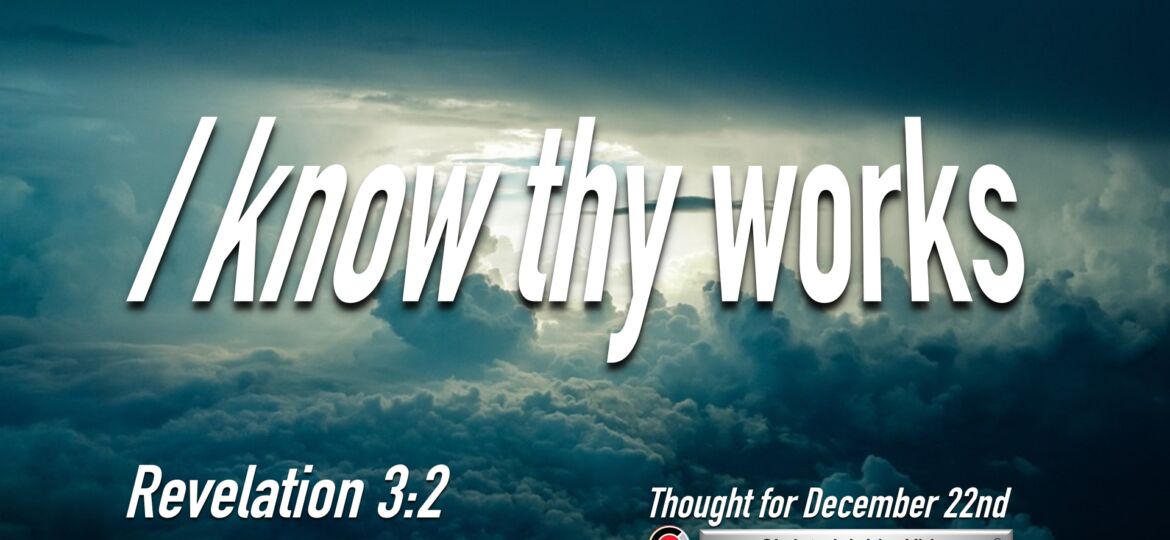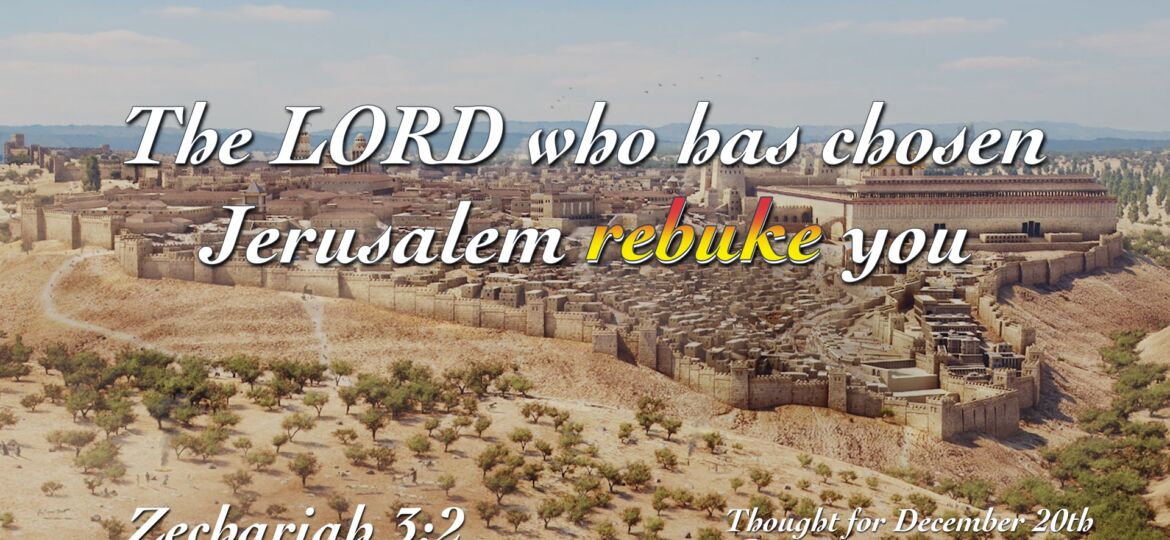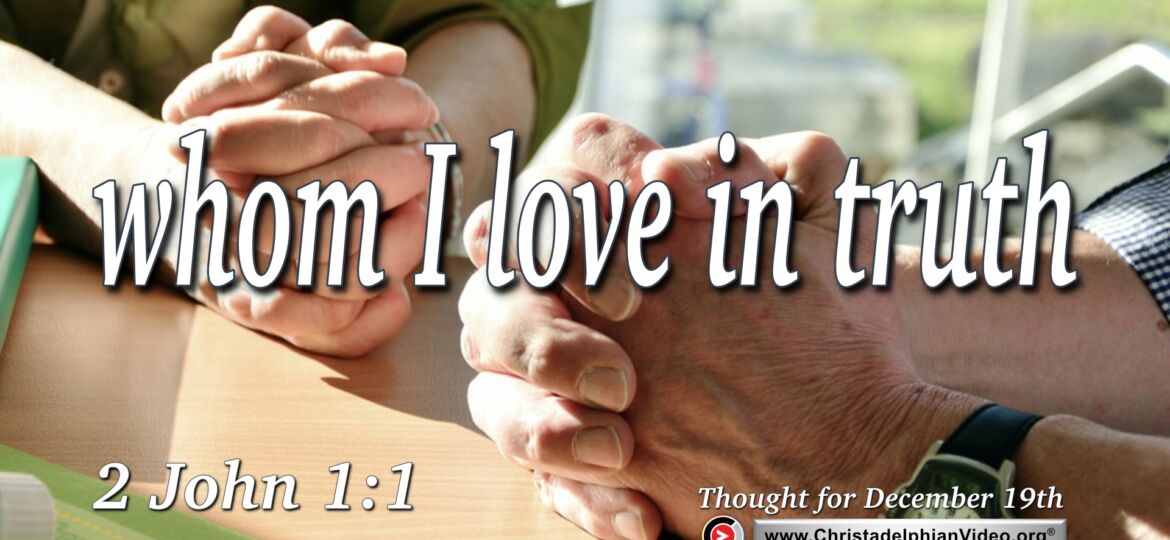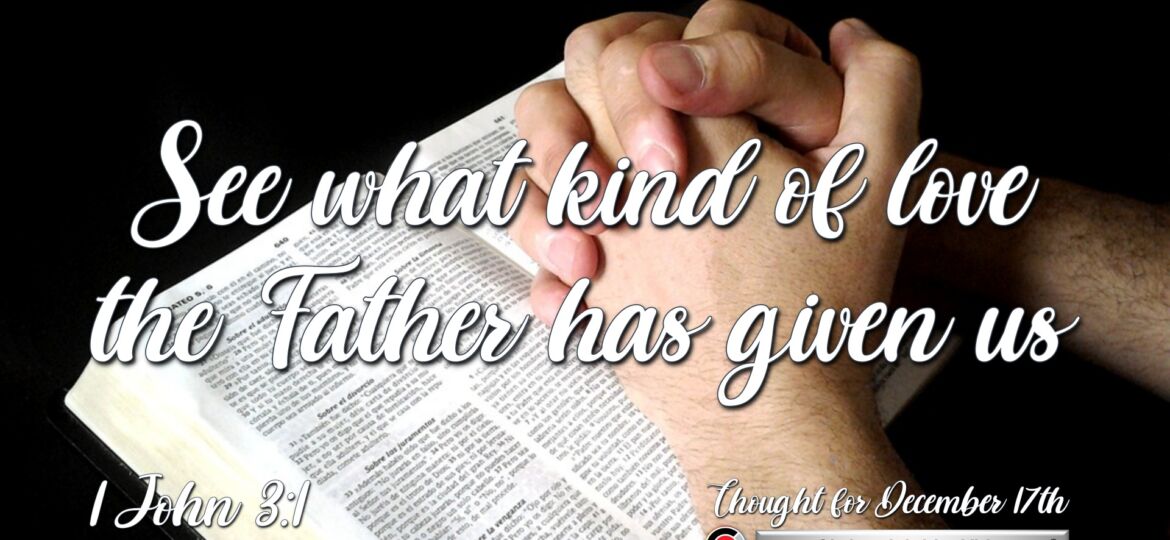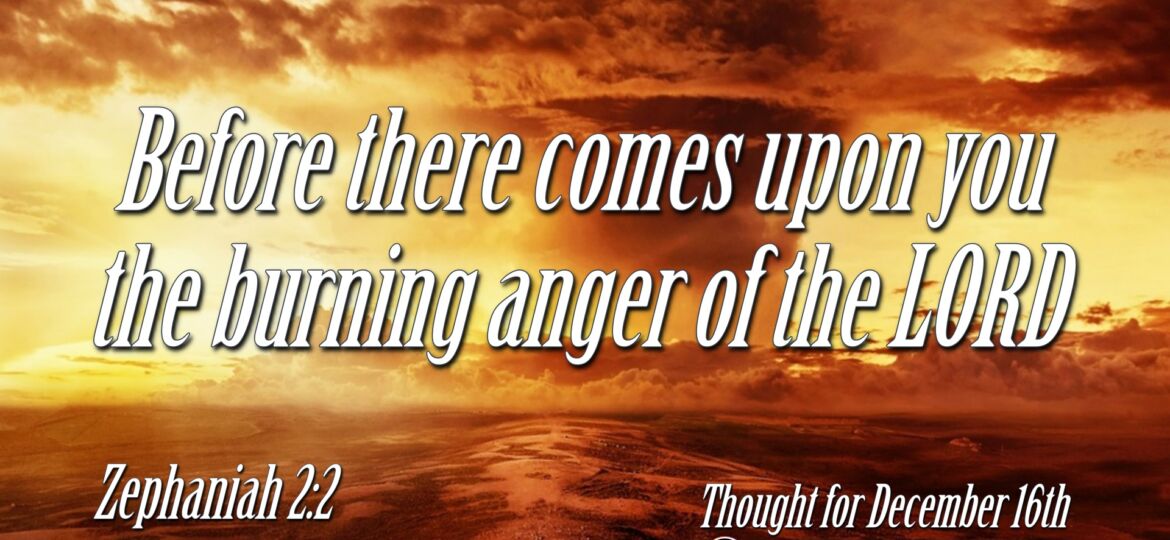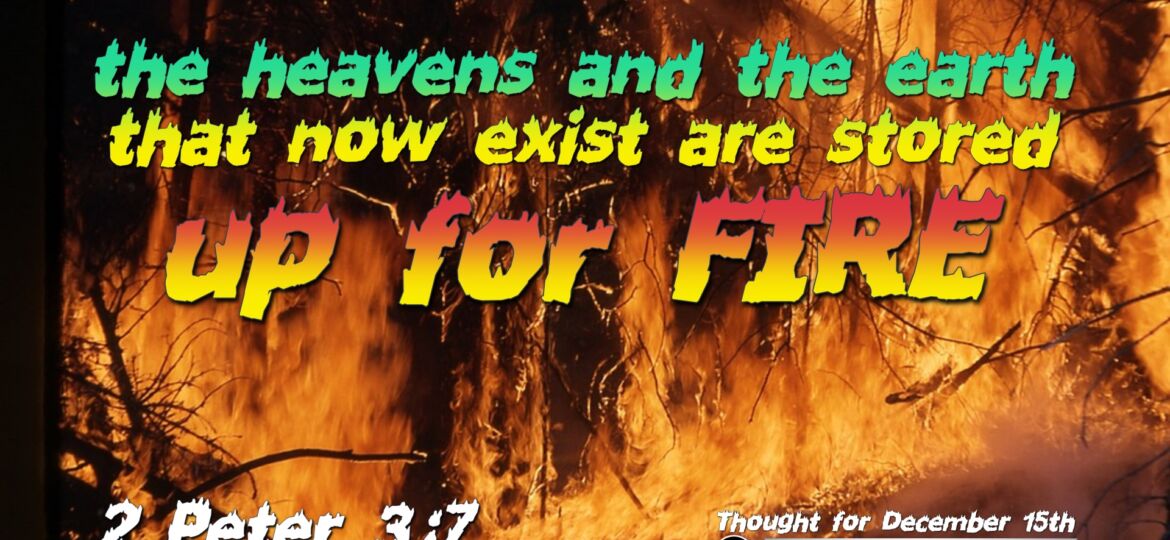The book of Revelation is about the drama of human history from God’s perspective. We read of visions, largely, but not entirely, in symbol, these picture God’s judgements on human godlessness but ultimate blessings for those who remain faithful. The climax from the believers perspective is the opening the book of life. There are blessings for those he judges as righteous and the opposite for the others. There is no third category. Jesus said, “Whoever is not with me is against me” [Matt 12 v.30] The resurrection has taken place and John looks and sees “a great multitude that no one could number from every nation, from all tribes and peoples and languages, standing before the lamb clothed in white robes …. crying out with a loud voice, ‘Salvation belongs to our God who sits on the throne and to the Lamb’” [7 v.9-10] “The lamb in the midst of the throne will be their shepherd and he will guide them to springs of living water and God will wipe away every tear from their eyes.” [v.17]
Jesus is the Lamb and we recall he spoke of ‘living water’… “If anyone thirsts, as the scripture has said, out of his heart will flow rivers of living water” [John 7 v.38]. Recall what Jesus said to the Samaritan woman, “whoever drinks of the water I will give him, it will become in him a spring of water welling up to eternal life” [John 4 v.14] We can understand that kind of symbolic language, let us drink that “water” every day.
One would like to ignore the other side of the picture! The angel is told, “Do not harm the earth … until we have sealed the servants of God on their foreheads” This reminds us of the blood on the doorposts in Egypt when God was about to bring the final plague! In Revelation we read of the plagues on “the rest of mankind” continuing on those “who were not killed by these (earlier) plagues, (but) did not repent … nor give up worshipping demons and idols … nor did they repent of their murders or their sorceries or their sexual immorality …” [Ch.9 v.20-21] It is interesting that in the margin of the NKJV Bible sorceries is given the meaning of drugs! Is the increasing affect of global warming a plague? The climax of human history is approaching fast, how much greater is the need to fill our minds daily with God’s word?
[embedyt] https://www.youtube.com/watch?v=CimStTCdcOM[/embedyt]



